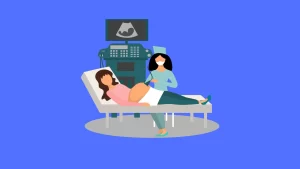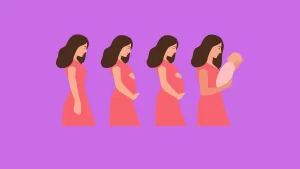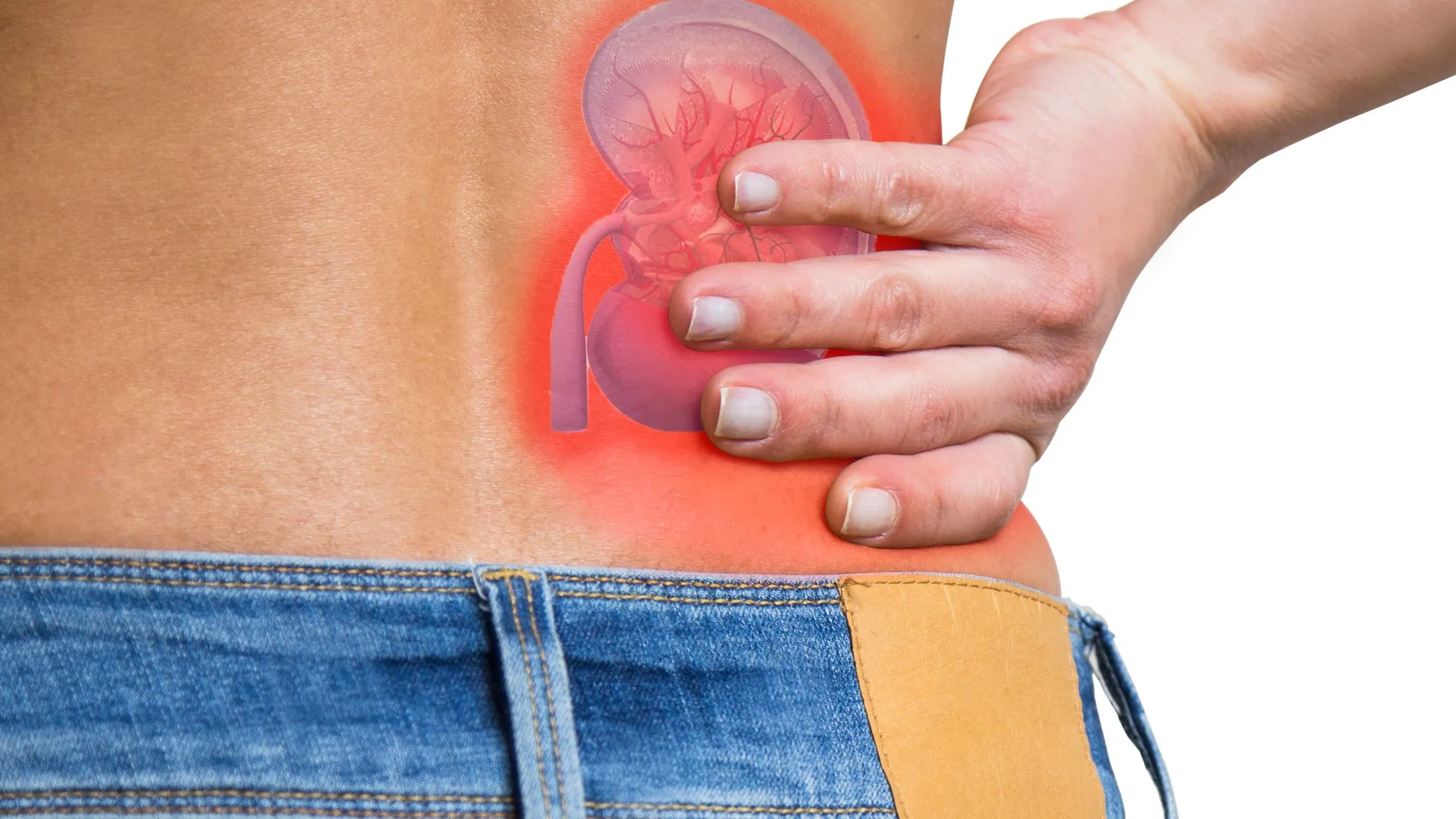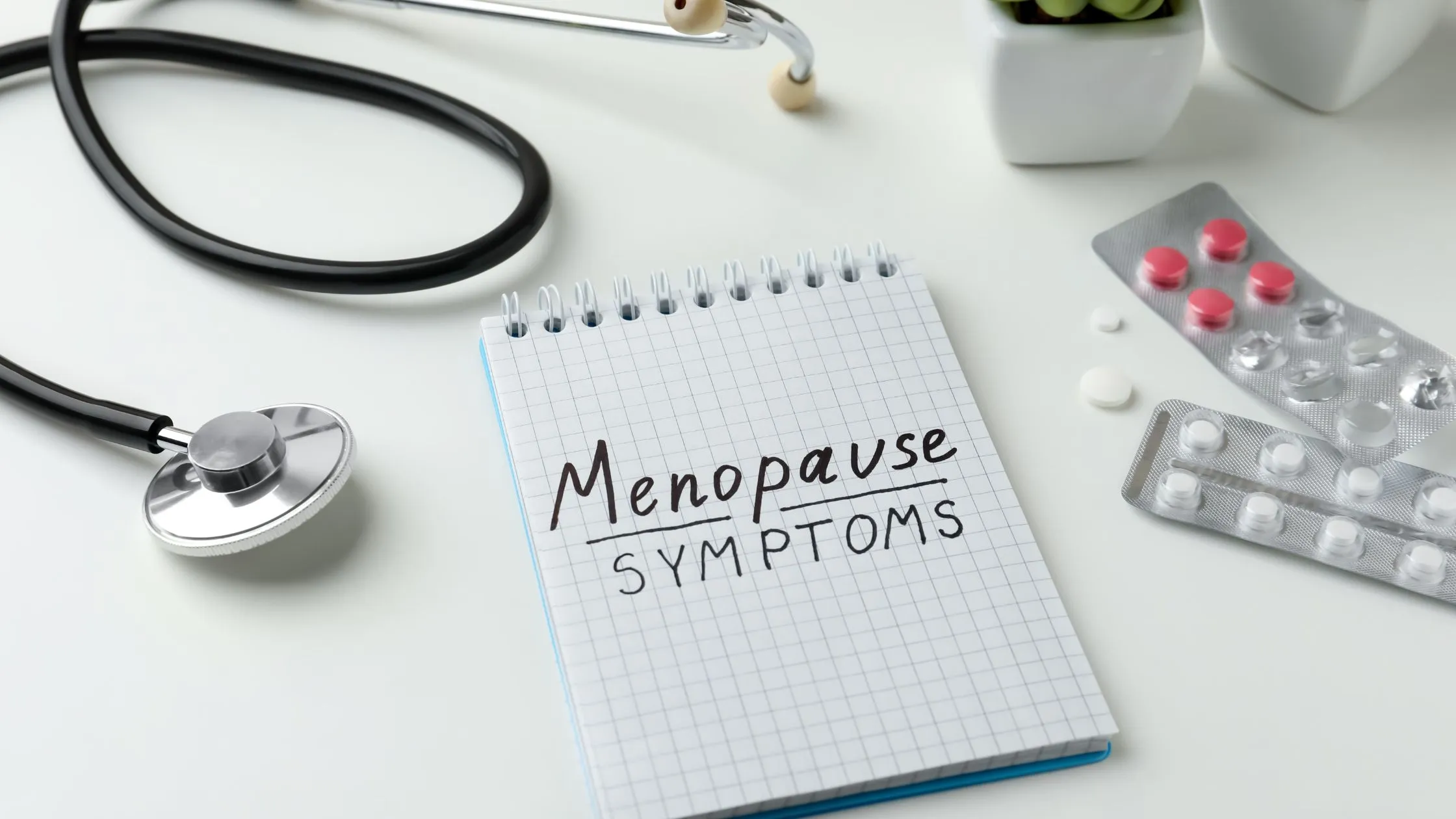Introduction
Have you ever considered the possibility that one of the early signs of pregnancy could be a problem with your sleeping patterns? When a sleeping disturbance manifests itself in the early stages of pregnancy, it is frequently related with fluctuating hormonal changes; notwithstanding, other concerns, for example, consecutive trips to the restroom, and sickness, can cause it as well. They are definitely the early signs of pregnancy insomnia.
Did you know, or did you at least have some inkling, that a lack of sleep can be one of the early adverse effects of pregnancy? It’s valid! In spite of this, it’s not usually the first thing that catches your eye as you look around. When sleep deprivation occurs in early pregnancy, it is normally associated with shifting hormonal changes; nonetheless, other concerns, including as constant trips to the restroom and sickness, can cause it. Generally speaking,early signs of pregnancy insomnia is related with moving hormonal changes.
When all other factors are held constant, one of the most common concerns that affects people is the inability to float off into consciousness or maintain unconsciousness. Is it a reliable method for demonstrating pregnancy, taking into account how things currently stand? The accompanying data will investigate whether or not a sleeping disturbance can be considered an indication of pregnancy as well as how pregnancy affects rest patterns and how such changes occur.
Alterations in Sleep Patterns Occur Beginning in the First Trimester of Pregnancy
As you might expect, throughout the first trimester of pregnancy, a woman’s body goes through a number of significant and sometimes unsettling changes. Changes of this kind can take place at any point in time, although the majority of them take place rather quickly following the beginning of the process. Besides, some can intrude on a pregnant lady’s rest designs. In this manner, leading to an impaired ability to get sufficient rest.
In point of fact, it is typical for women who are within the first 12 weeks of their pregnancies to have acute daytime tiredness and weakness. There are a variety of signs that can indicate that someone is slow, including:

- an increased risk of accidents
- a decrease in work performance
- an inability to concentrate and so on.
According to the findings of certain studies, about forty percent of all females experience fatigue between the ages of six and seven weeks. The main cause of this is an increase in the production of the chemical known as progesterone, which is responsible for causing sluggishness. In addition, the hormone progesterone itself can cause additional sleep disturbances, which will ultimately have an effect on the quality of your rest as a whole.
Common Early Signs of Pregnancy Insomnia
It is possible that it will be far more revolting when combined with the other early stage adverse effects.
These includes:
- Difficulty falling asleep
- Evening leg cramps
- Morning disorder
- Successive peeing during the evening
- Nervousness
- Expanded craving
- Bosom delicacy
- Back pain
- Feeling fatigued during the day
These are the early signs of pregnancy insomnia.
Around the ten week mark of your pregnancy, you will be relieved to learn that you should be spending more time relaxing and sleeping. This often indicates that you spend a greater amount of time sleeping each evening; however, it is possible that it also indicates that you lay down for a greater number of naps during the day. The decrease in the degree to which you get deep sleep is likely attributable to the fact that your slumber is increasingly disrupted on a regular basis. As a result, the amount of time you spend in deep sleep has increased.
During the first trimester of pregnancy, it is not uncommon for women who are pregnant to complain about the poor quality of rest they are experiencing. Rest and relaxation, on the other hand, will typically become easier as you move into the subsequent trimester; however, you shouldn’t allow yourself to become too uncomfortable; instead, take some time to relax.
Is the inability to get enough sleep a sign that you might be pregnant?
In most pregnancies, the third trimester is the time of pregnancy when symptoms like are at their worst. The Journal of Sleep Research conducted a study on the topic of sleep deprivation in pregnancy and discovered that the stages of sleep deprivation increased in tandem with the progression of the pregnancy. As a result, the likelihood of you coming across this problem during the third trimester is significantly higher than it was throughout the two trimesters that came before it.
In point of fact, an alternative study from the Logical World Diary recommends that the risk of developing a sleeping issue is proposed to be two times as great for those who are in their third trimester as it is for those who are in either their first or second trimesters. When one considers all of the changes that have taken place in the body by the time one is in their third trimester of pregnancy, this shouldn’t really come as a surprise to anyone.
A sleeping disorder is a common rest problem that affects a large number of people of any age and sexual orientation. During pregnancy, it may not occur early enough or frequently enough to be considered an actual sign that someone is pregnant. The majority of medical professionals are in agreement that this is one of the primary reasons why a sleeping disorder is not generally regarded as a reliable early indicator of pregnancy.
As a result, you should never rely on a problem sleeping as a reliable indicator that you are pregnant. If you are trying to get pregnant, you should always consult your doctor. It is always advisable to consult a doctor, but you should at the very least bring an early detection pregnancy test with you when you leave the house.
An inability to sleep can be a contributing factor in an early pregnancy.
As was said earlier, a sleeping disturbance can be brought on by a number of different factors that arise during pregnancy. Your primary motivation will determine the strategies you should implement to adjust to sleep deprivation and how you should approach them.

Tranquilizers
Taking tranquilizers, as a general rule, while one is pregnant can be a very astute decision. Before beginning a regimen of any medication or supplement, however, you should always discuss your options with a qualified medical professional. Doing so will help ensure that you do not choose something that will be harmful to either you or your developing kid.
Actual Distress
If you aren’t getting enough sleep throughout the third trimester of your pregnancy, it’s probably because you’re going through some real emotional turmoil. Many women believe that lying on their left side and making use of a body pad or maternity pillow is the best way to alleviate the discomfort associated with being pregnant. On the other hand, some people discover that all they need to do is insert a cushion in the space between their legs in order to keep their pelvis in a neutral position. Find things that will make it easier for you to sleep if the fact that your child is growing keeps you from going to bed. This is especially important if your child is keeping you awake at night.
Indigestion and Reflux
Indigestion and heartburn are two symptoms that frequently accompany pregnancy and are associated with the condition known as “pregnancy-related insomnia.” In the event that this is a problem for you, the most prudent course of action would be to experiment with being upright for lengthier stretches of time in between periods in which you consume meals and relax. According to a study that was published in the Diary of Clinical Gastroenterology, the shorter the amount of time that passes between when a person eats and when they go to bed, the more severe their problems with reflux are. Some expectant mothers discover that propping themselves up with cushions in order to sit in a more upright position is an effective remedy for their discomfort.
Leg Spasms and a tendency to fidget with one’s legs.
The unfortunate reality is that there is neither a simple nor a rapid solution to leg cramps. When something like this occurs, you should do all in your power to avoid overreacting by doing whatever it takes to keep a level head. Relax and stretch your feet if you discover that nighttime leg cramps keep you awake. If this happens to you, try not to get too worked up about it. If you follow these steps, you will see them vanish in a very short amount of time.
Rest Cleanliness
Rest Cleanliness Even if nothing else seems to be working, you can always try to improve your rest cleanliness. Despite the fact that you have probably heard this piece of advice more than once, it is really effective in getting the job done. Therefore, as an alternative to relaxing and utilizing devices to check out internet amusement, take part in a computerized closing and have a steaming shower if all other factors remain the same. In addition, it is ideal to get the temperature in your room up to a level that is comfortable for you, and to ensure that you have an adequate number of blankets with which to wrap yourself up. Choose something substantial to eat before bed, such as a banana, some toast, or a grain, in the event that you feel the need for a snack before bed.
Other factors are as follows:
- Hormonal shifts and
- the sensation of always needing to urinate
Ways to manage inability to sleep in early pregnancy
The early signs of pregnancy insomnia can be managed by the following:
- Developing a regular routine for going to bed and waking up
- Creating an environment that is conducive to rest and relaxation
- Avoiding stimulants like caffeine and sugar in the hours leading up to bedtime
- Including practices that pertain to relationships, such as meditation or yoga
- Conduct an interview with a provider of medical care to discuss the availability of safe pharmacological options.
The above will help in managing the early signs of pregnancy insomnia.
Resources
- https://www.ncbi.nlm.nih.gov/pmc/articles/PMC5017073/
- https://www.verywellhealth.com/can-insomnia-be–an-early-sign-of-pregnancy-3014706
- https://pubmed.ncbi.nlm.nih.gov/33140514/
- https://www.nhs.uk/pregnancy/related-conditions/common-symptoms/
- https://www.ncbi.nlm.nih.gov/pmc/articles/PMC4935047/
- https://pubmed.ncbi.nlm.nih.gov/32694265/
Subscribe here to get our newsletter


